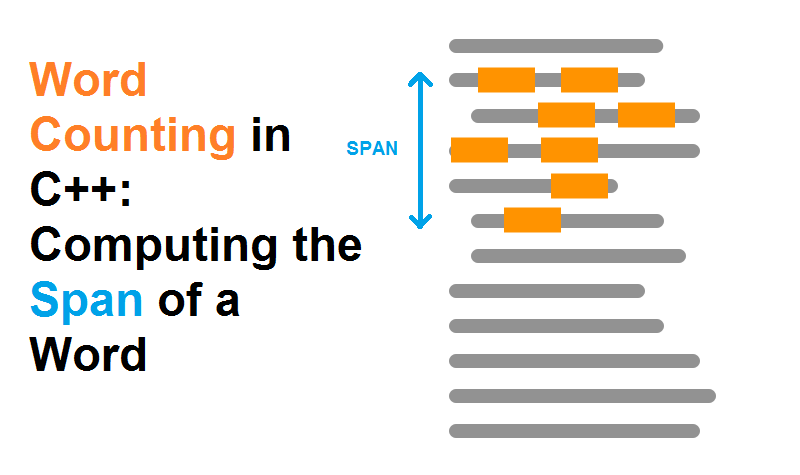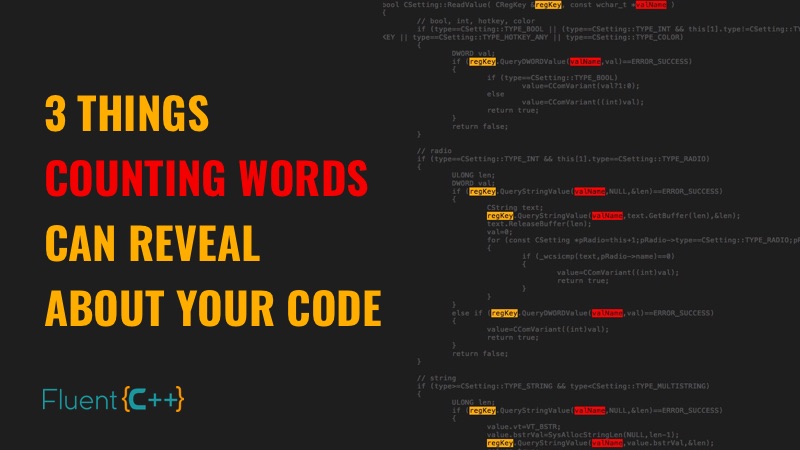How to Store a Variable Number of Objects Known at Compile Time in C++
How to store a variable number of objects known at compile time? This is a question that Fluent C++ reader John Koniarik sent in to me by email. Here was his exact problem, reproduced with his permission: I would like to efficiently store n-dimensional simplexes. I have defined Simplex< unsigned n > as key data […]




